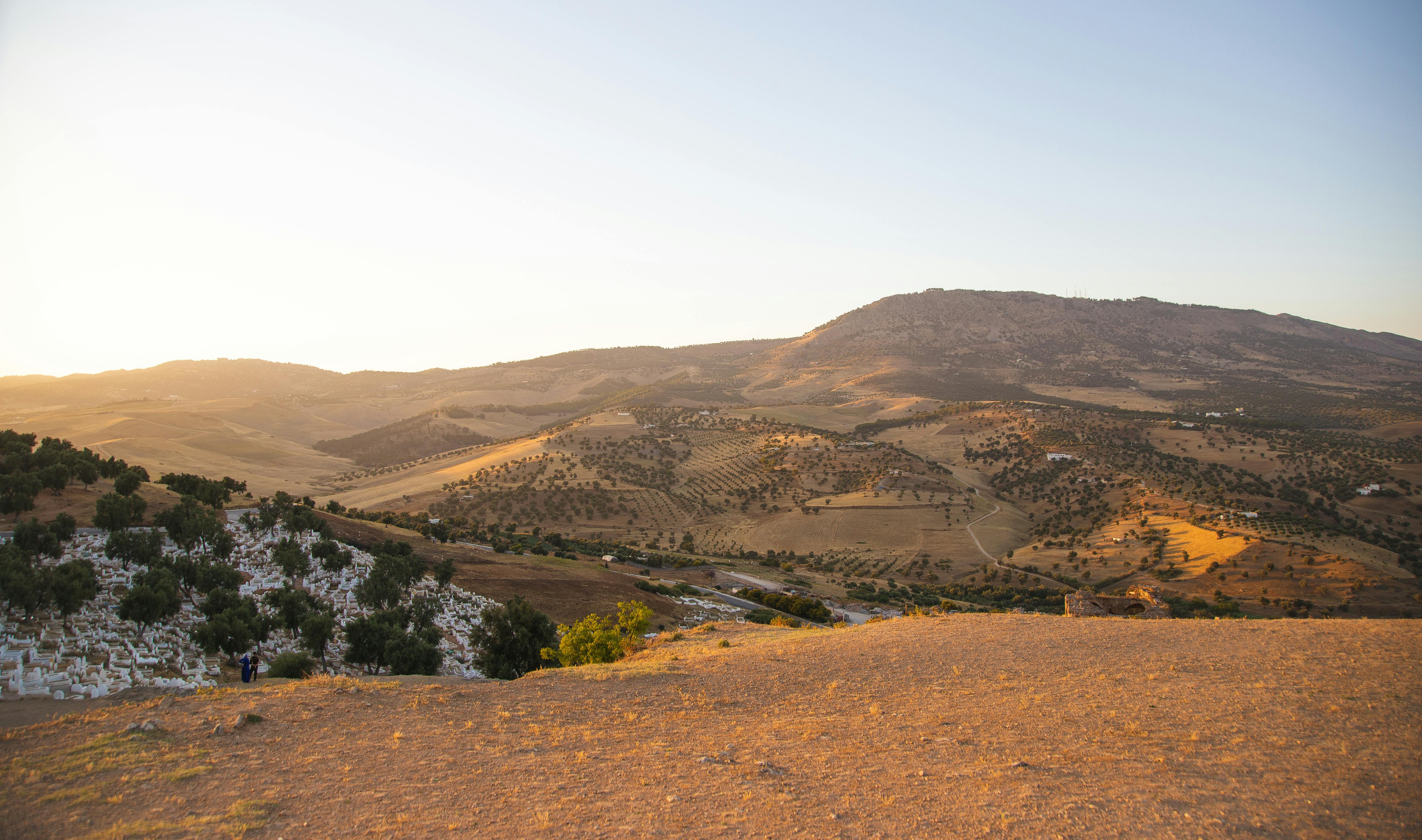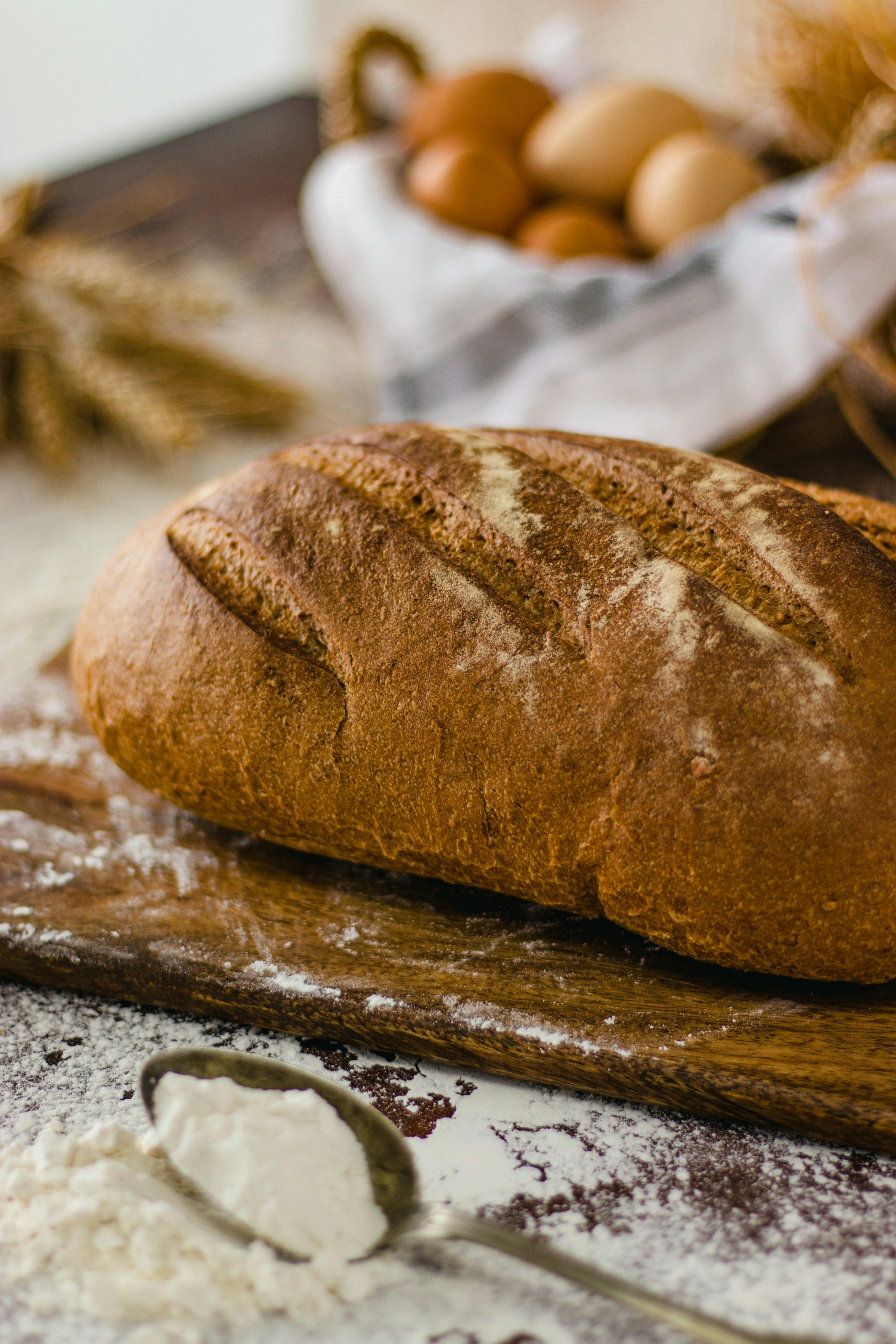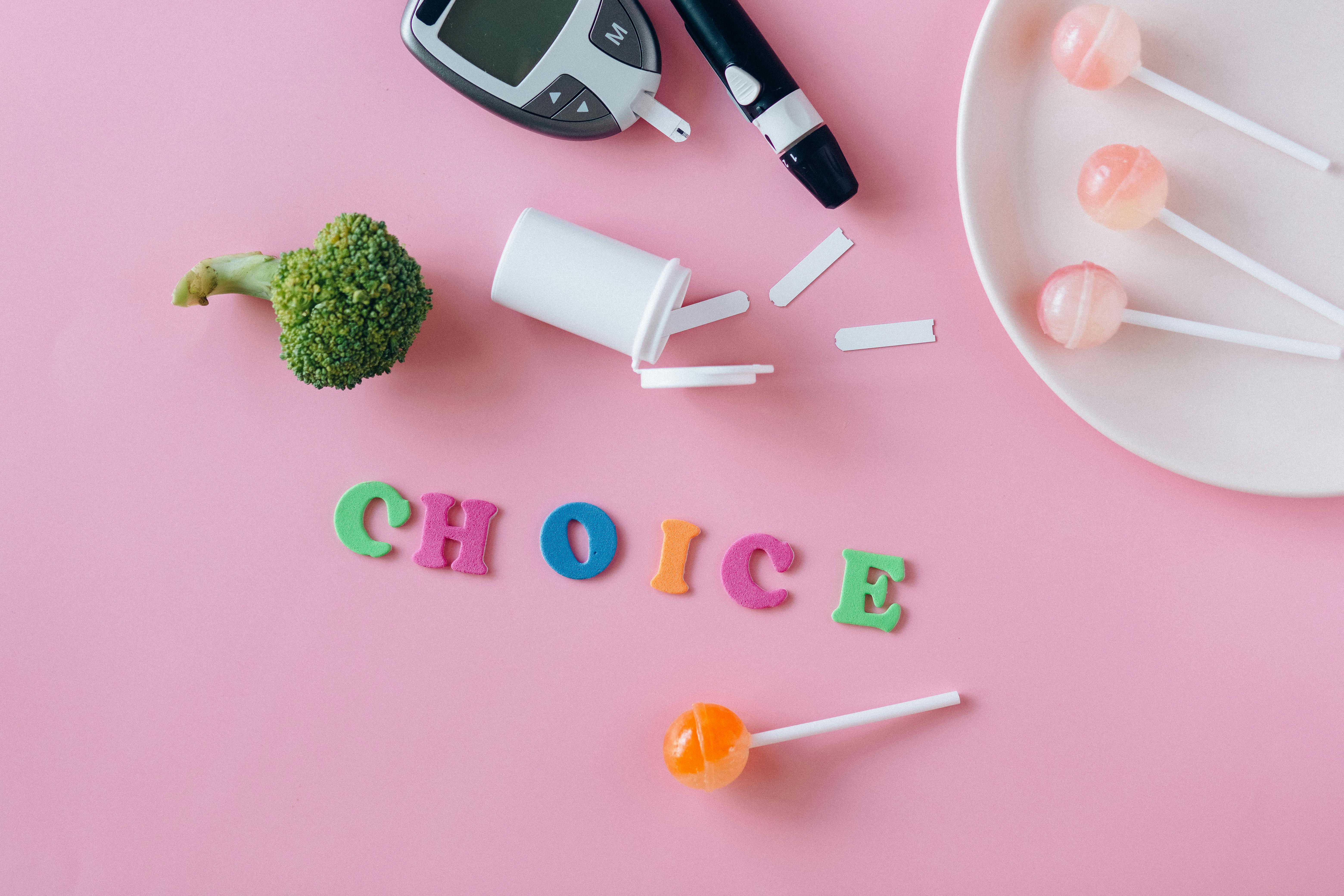Effective Printable Gallbladder Diet Plan for 2025: Discover Key Foods!

Essential Guide to a Printable Gallbladder Diet Plan for 2025
The gallbladder plays a crucial role in digestion, especially in the absorption of fats. Issues related to the gallbladder can lead to discomfort and health complications, necessitating a focus on a proper diet. For those looking to optimize their gallbladder health, understanding the foods to eat and avoid is essential. This article provides an effective printable gallbladder diet plan that highlights key foods promoting gallbladder health, tips for preventing gallbladder attacks, and meal planning strategies.
This guide will explore gallbladder-friendly foods, suitable dietary adjustments, and meal ideas that align with gallbladder health guidelines. By the end, you'll have a clear understanding of how to create a balanced diet that supports your gallbladder while managing symptoms effectively. With careful consideration of your diet, you can prevent gallbladder issues and enjoy a healthier lifestyle.
Get ready to discover essential insights into gallbladder nutrition, preventative measures against gallbladder attacks, and delicious recipes that make meal planning easy and enjoyable!
Key Foods for a Gallbladder-Friendly Diet
Building a balanced diet focused on gallbladder health begins with a thorough understanding of which foods to include. A diet rich in fiber and low in unhealthy fats is recommended for preventing gallbladder issues.
High-Fiber Foods to Support Gallbladder Health
Fiber is essential for digestive health and plays a crucial role in gallbladder function. Including high-fiber foods can aid in lowering cholesterol levels and reducing the risk of gallbladder stones. Foods high in fiber include:
- Fruits: Berries, apples, and pears are great choices. These fruits not only provide fiber but are also high in antioxidants.
- Vegetables: Leafy greens, broccoli, and carrots help support overall digestion.
- Whole Grains: Brown rice, quinoa, and whole wheat bread are excellent sources of dietary fiber.
Incorporating these high-fiber foods into your daily meals can help mitigate gallbladder discomfort and improve overall digestive health.
Lean Proteins for Gallbladder Health
Another critical component of a gallbladder-friendly diet is incorporating lean protein sources. Opting for lean meats and plant-based proteins can help reduce fat intake while still providing the body with essential nutrients.
- Chicken and Turkey: Skinless poultry is a great protein source that is low in fat.
- Fish: Fatty fishes such as salmon provide omega-3 fatty acids, beneficial for gallbladder health as they may help reduce inflammation.
- Legumes: Beans, lentils, and chickpeas are excellent plant-based proteins that are also rich in fiber.
These protein sources will help maintain your strength and energy while supporting optimal gallbladder function.
Healthy Fats to Include
While it’s important to limit unhealthy fats, healthy fats contribute positively to gallbladder function. Including healthy fats can aid digestion and prevent gallbladder issues.
- Avocados: Packed with monounsaturated fats, avocados are a great addition to your diet.
- Olive Oil: Use olive oil for cooking or as a salad dressing to enhance flavor without adding unhealthy fats.
- Nuts and Seeds: Almonds, walnuts, and flaxseeds provide beneficial fats and are also great sources of fiber.
By incorporating these healthy fats responsibly, you can support gallbladder health while enjoying a variety of flavors in your meals.
Printable Gallbladder Diet Plan and Meal Ideas
Creating a balanced meal plan doesn’t have to be overwhelming. Below is a sample printable gallbladder diet plan for a week, complete with meal suggestions that are easy to follow and prepare.
Sample Gallbladder Diet Plan
This sample diet plan emphasizes whole foods, lean proteins, and plenty of fruits and vegetables. Here’s how you can structure your meals throughout the week:
- Breakfast: Overnight oats topped with berries and chia seeds.
- Lunch: Quinoa salad with chickpeas, cucumbers, and a lemon-olive oil dressing.
- Dinner: Grilled fish with steamed broccoli and a side of brown rice.
- Snacks: Sliced apple with almond butter or a handful of mixed nuts.
This simple yet effective gallbladder diet plan supports your dietary needs while offering a variety of nutritious options.
Gallbladder-Friendly Recipes to Try
Preparing meals that support gallbladder health can be delicious and easy. Here are a few gallbladder-friendly recipes to include in your diet:
- Vegetable Stir-Fry: Sauté your favorite vegetables in olive oil, adding tofu or lean chicken for protein. Serve over brown rice.
- Berry Smoothie: Blend together spinach, your choice of berries, a banana, and almond milk for a refreshing drink.
- Lentil Soup: Cook lentils with tomatoes, spinach, and herbs for a comforting dish high in fiber and protein.
These recipes not only support your gallbladder health but also offer vibrant flavors and satisfying textures.
Tips for Preventing Gallbladder Attacks
Managing gallbladder health involves several lifestyle adjustments and understanding dietary triggers. Here are key tips to prevent gallbladder attacks:
Understanding Trigger Foods
Identifying and avoiding trigger foods that may lead to gallbladder pain is crucial. Common foods to watch include:
- High-fat foods such as fried items and heavy sauces.
- Sugary foods and drinks that can increase the risk of gallstones.
- Highly processed foods which lack beneficial nutrients.
By keeping track of foods that exacerbate symptoms, you can create a more personalized diet plan that supports your gallbladder health.
Hydration and Gallbladder Health
Hydration is vital for digestion and overall health. Drinking plenty of water helps maintain proper bile production, essential for digesting fats. Aim for at least 8 glasses of water a day, and consider herbal teas for added benefits.
Meal Timing and Frequency
Pay attention to meal timing and frequency, as eating regular meals can help regulate your digestive system. Eating smaller, more frequent meals may alleviate strain on the gallbladder compared to consuming large meals at once.
Foods to Avoid for Gallbladder Wellness
Understanding what foods to avoid is equally as important as those to include. Avoiding heavy fats and sugars can help significantly with gallbladder health.
Processed and High-Fat Foods
Steer clear of processed foods that are often high in trans fats and refined sugars. Foods such as fast food, pastries, and sugary cereals can trigger gallbladder attacks.
High Cholesterol Foods
Limit foods known to raise cholesterol levels, including fatty cuts of meat, high-fat dairy products, and certain oils. Opting for lean meats and low-fat dairy options will benefit your overall gallbladder health.
Conclusion and Final Recommendations
Maintaining a healthy gallbladder is achievable with a well-structured diet and lifestyle changes. Remember to incorporate fiber-rich foods, lean proteins, and healthy fats into your meals while being mindful of triggers and processed foods. Utilize the printable gallbladder diet plan provided to guide your meal preparations for optimal gallbladder health.
As always, consult with a healthcare professional or a registered dietitian before making significant changes to your diet, especially if you have existing health concerns. Advising a balanced approach while incorporating nutritional needs will aid in maintaining a healthy gallbladder, ultimately enhancing your overall well-being.
 example.com/image2.png
example.com/image2.png
 example.com/image3.png
example.com/image3.png